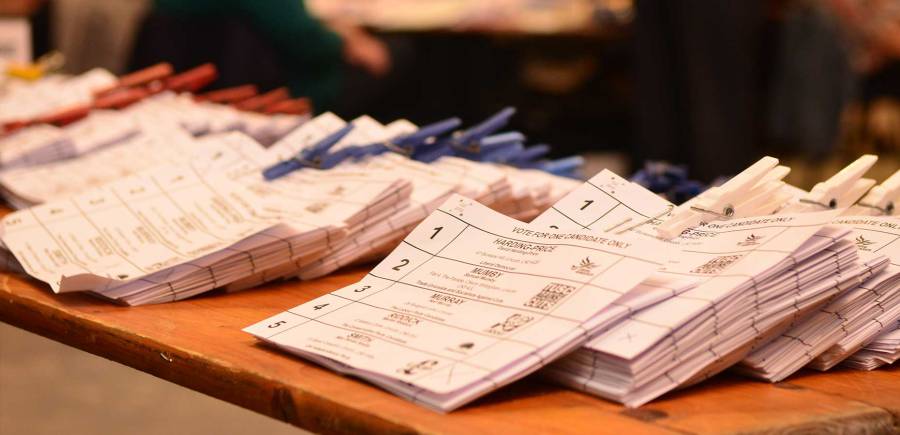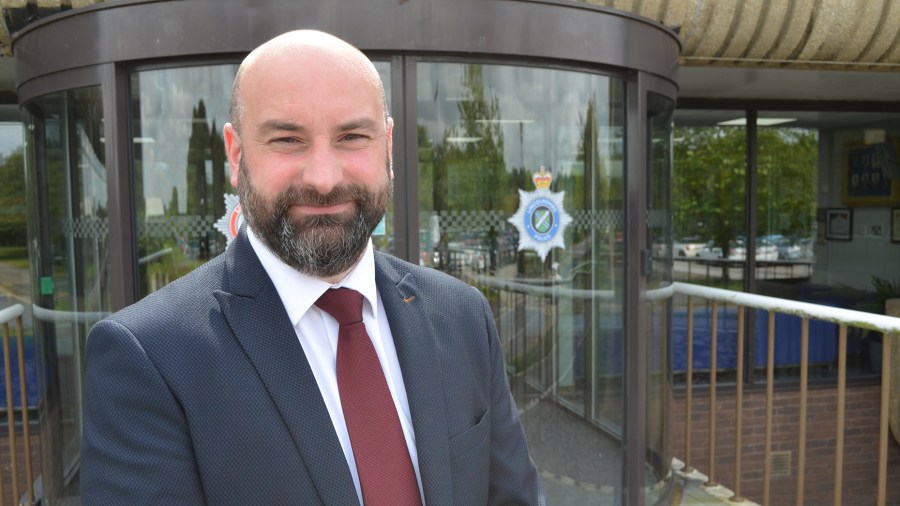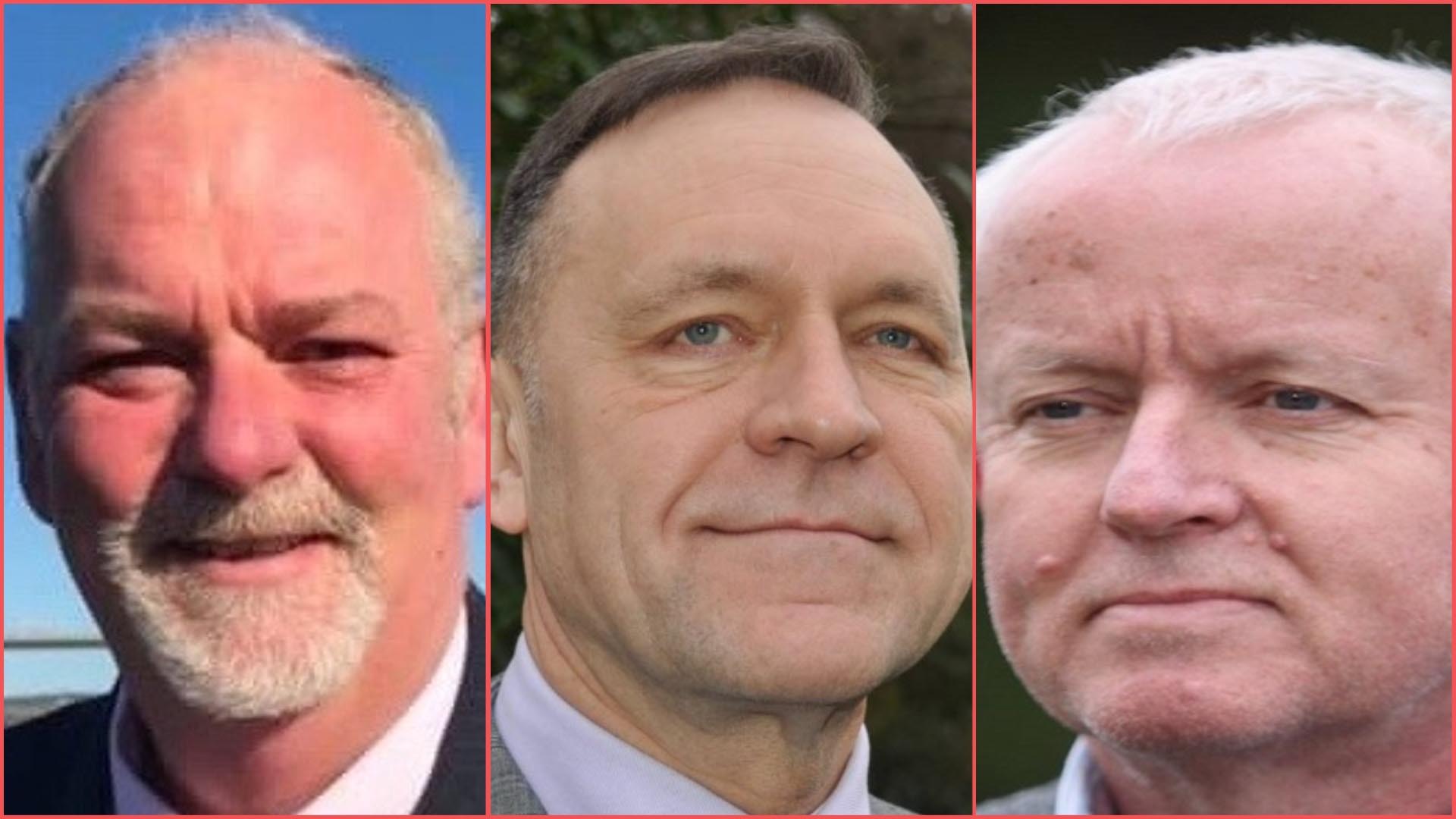Lincolnshire’s Police and Crime Commissioner has welcomed a government announcement that future elections will be ‘first past the post’ – but his opponents say the move is “unfair”.
Government ministers confirmed this week the new system would be introduced, calling the current ‘alternative vote’ method – which gives people the ability to rank candidates based on a ‘1, 2, 3’ preference – “confusing and over-complicated”.
Chloe Smith, minister of state for constitution and devolution, said: “The government believes that first past the post is a more straightforward way of electing representatives, which is transparent to both voters and administrators and results in a more accessible system.
“The change will provide clear local accountability in a readily understandable way, making it easier for voters to express a clear choice: the person chosen to represent a local area will be the one who directly receives the most votes.”
Lincolnshire Police and Crime Commissioner Marc Jones, who was re-elected to his position in May with 102,813 votes, welcomed the change.
Mr Jones, who is chairman of the Association of Police and Crime Commissioners, said: “It is our accountability at the ballot box that enables us to be an effective, connected, and a credible voice for the public on policing and crime reduction.
“The current voting system is less well understood than first past the post and has an impact on the public’s willingness and ability to participate in PCC elections in an informed way.
“Adopting first past the post will ensure the outcomes of elections always accurately reflect voters’ views and preferences.”
The move has already come under scrutiny from organisations such as the Electoral Reform Society who called it an “attack on voters” and said “far from improving accountability, [it] would undermine the legitimacy of those elected”.

Winners and losers from the 2021 PCC elections, from left, David Williams (Independent), Rosie Kirk (Labour), victor Marc Jones (Conservative), Ross Pepper (Liberal Democrat) and Peter Escreet (Reform UK).
Rosanne Kirk, Lincolnshire’s Labour candidate who came second with 34,310 votes in the last PCC election, said first pas the post was an “unfair” system.
She said it benefitted the Conservative party by widening the gap between votes.
“It’s a fairer system with alternative vote,” she said.
“If you have the system as it is there’s a second choice, whereas if you go to first past the post it just suits the Conservative party in this area.
Ross Pepper, the Liberal Democrat candidate, who took 10,172 votes and came third in May, said first pas the post was “always an unfair system”.
However, he added: “While alternative vote is better than first past the post, it’s not the best system out there. I would always oppose any system that was unrepresentative of the people.”
He said engagement with the PCC election was “already low” and if people felt their vote was not going to mean anything then they would be further disengaged.
The turnout for the 2021 election was 31%.
“We need a system where people feel their vote counts,” said Mr Pepper.
“It’s almost like people have joined a job for life, it isn’t a system that’s democratic because its impossible for people to change it.
“For smaller parties it’s so, so difficult to make that break. Alternative vote was one step to break that system but there are so many other options out there.”










